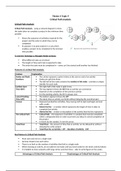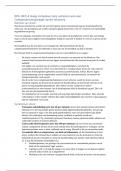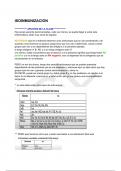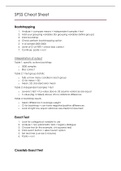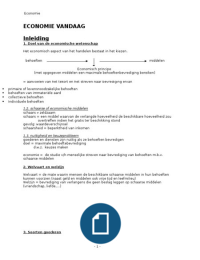Samenvatting
Summary Critical Path Analysis
- Vak
- Instelling
Describes what a critical path analysis is, what a manager needs to know to use the technique, features of a critical path, key points of a critical path, and the advantages and disadvantages of it.
[Meer zien]
